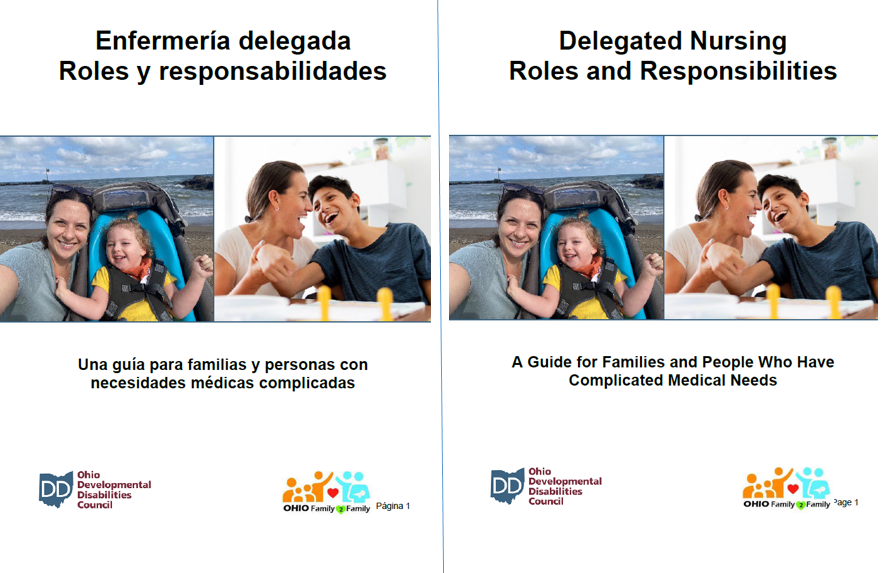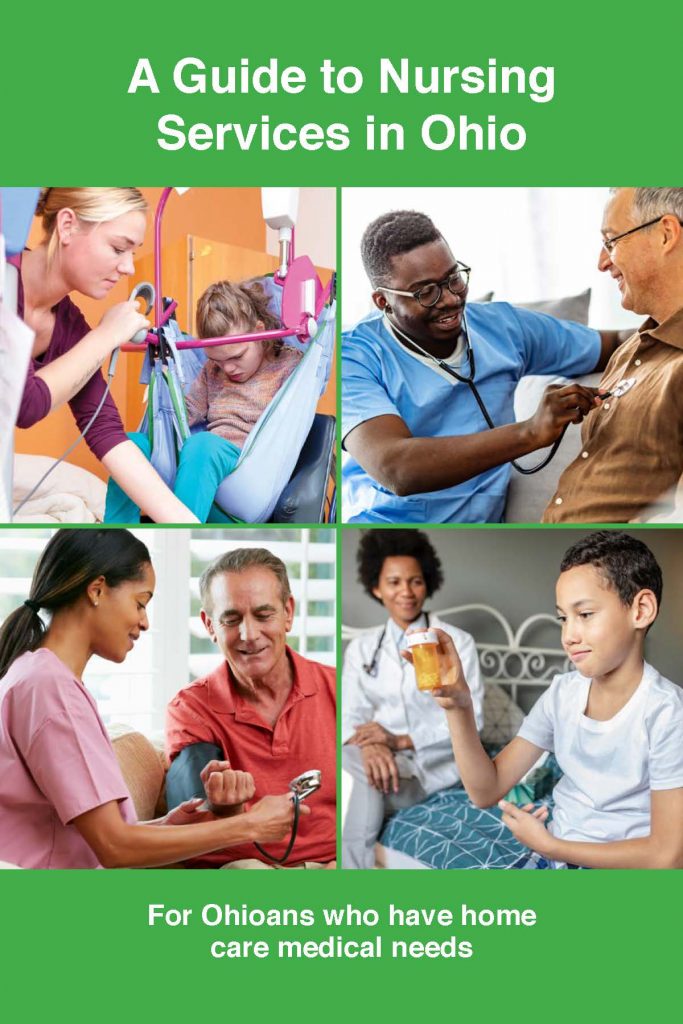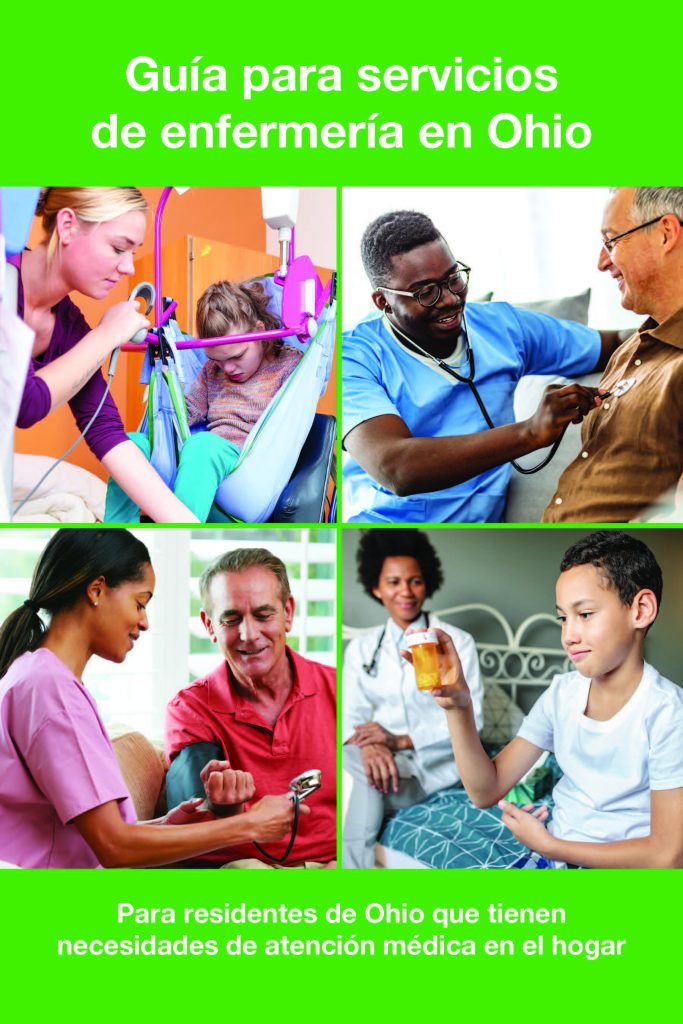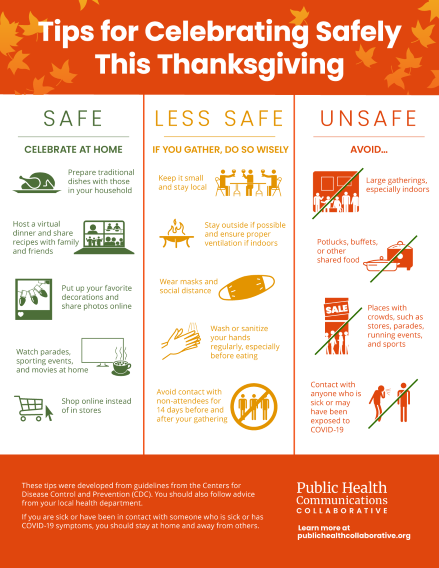Governor DeWine addressed the state on Friday, Dec. 4, in a press conference, sharing information about vaccine distribution in Ohio.
Initially, there will be a limited number of vaccines available, and Ohio is committed to making it widely available for those who want to receive it as quickly as possible as shipments arrive. In conjunction with the recommendations of medical experts from ACIP and NAESM, Ohio has identified who will be among the first to receive those very early shipments in Phase 1A, should they choose to be vaccinated:
•Healthcare workers and personnel, who are routinely involved in the care of COVID-19 patients
•Residents and staff in nursing homes
•Residents and staff in assisted living facilities
•Patients and staff at state psychiatric hospitals
•People with developmental disabilities and those with mental illness, who live in group homes or centers, and staff at those locations
•Residents and staff at our two homes for Ohio veterans
•EMS responders
Using all the tools available to help prevent the spread of the virus continues to be critical until a substantial number of Ohioans can be vaccinated. Continuing to wear masks and social distance will reduce your chance of being exposed to or spreading the virus. Proper prevention measures coupled with the vaccine will provide the best protection from COVID-19.
As vaccine supply increases, the state will continue to vaccinate Ohioans who choose to receive it.
Vaccine Related Resources
Ohio Department of Health
•COVID-19 Vaccine Information Pandemic
•COVID-19 Vaccine FAQ
Centers for Disease Control and Prevention
•Vaccinate with Confidence
•Different COVID-19 Vaccines




